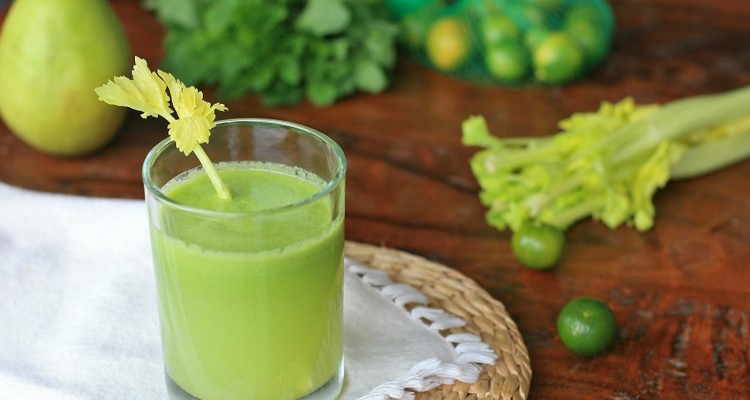Fit Nation gets the skinny on this increasingly popular diet trend, and why it might not be as healthy as you think.
According to a case report published in The American Journal of Medicine earlier this month, catching a ride on the “juice cleanse” bandwagon could lead you straight to a kidney condition.
The case report followed a patient’s detailed records of food consumption. For over six weeks he consumed only green juice drinks made from beets, collard greens, kiwi, parsley, spinach and soy products. By the end of his cleanse, his kidneys became so weak that they were unable to remove waste from his body on their own, and required hemodialysis—treatment that involves manual removal of waste from the bloodstream.
The authors argue that there is no strong scientific evidence that proves the benefits of juicing as opposed to actually eating the proper amount of fruits and vegetables daily. In fact, the subject of the case report didn’t realize that all of the greens he was consuming were overproducing a chemical called oxalate, which is known to be poisonous to the kidneys when consumed in excess.
When you regularly eat your greens, oxalate doesn’t typically have a chance to seep into your bloodstream, because the high levels of calcium found in the vegetable bind to the chemical compound, making it impossible for the oxalate to be absorbed by your body. When you extract the nutrients from a vegetable with a juicer, the calcium level is still very high. However, the high water content that results from the extraction makes the calcium much less powerful in the presence of the oxalate, giving it a chance to be absorbed into your body.
While the case presented is a little on the extreme side (most juice cleanses only last for 3-10 days), it still proves that the dangers of juicing can be very real. If you are planning on juicing, add your daily glass of greens as a healthy addition to your regular diet. The vegetable juice will boost your energy level and makes a far better mid-afternoon pick-me-up choice than a protein bar or a skim latte.
FN consulted with registered dietitian Karyn Copozzo of Appleaday Lifestyle Counseling in Bonita Springs for some advice on going green. “I’m not opposed to cleanses,” she says, “I’m opposed to drastic ones. I have a lot of clients that don’t like to eat breakfast, so a quick and easy way for them to get nutrients in is by adding these green juices to their morning routine,” she continues. “But when it’s nothing but all juice, all day, that’s when you start to enter a danger zone.” Green juices are an excellent way to ingest more nutrients daily, as long as you are incorporating them into your diet, instead of making them the main attraction.

